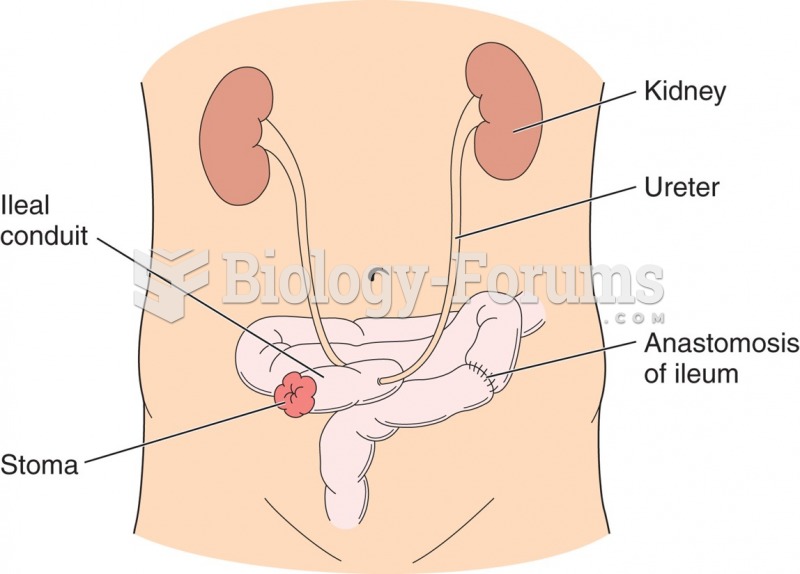|
|
|
Human kidneys will clean about 1 million gallons of blood in an average lifetime.
After 5 years of being diagnosed with rheumatoid arthritis, one every three patients will no longer be able to work.
A serious new warning has been established for pregnant women against taking ACE inhibitors during pregnancy. In the study, the risk of major birth defects in children whose mothers took ACE inhibitors during the first trimester was nearly three times higher than in children whose mothers didn't take ACE inhibitors. Physicians can prescribe alternative medications for pregnant women who have symptoms of high blood pressure.
All adverse reactions are commonly charted in red ink in the patient's record and usually are noted on the front of the chart. Failure to follow correct documentation procedures may result in malpractice lawsuits.
Anti-aging claims should not ever be believed. There is no supplement, medication, or any other substance that has been proven to slow or stop the aging process.
 What a tremendous photo for sociologists! Seldom are we treated to such cultural contrasts. Can you ...
What a tremendous photo for sociologists! Seldom are we treated to such cultural contrasts. Can you ...
 (a) In a healthy eye, aqueous humor is formed in the ciliary process and drains through the canal of ...
(a) In a healthy eye, aqueous humor is formed in the ciliary process and drains through the canal of ...





